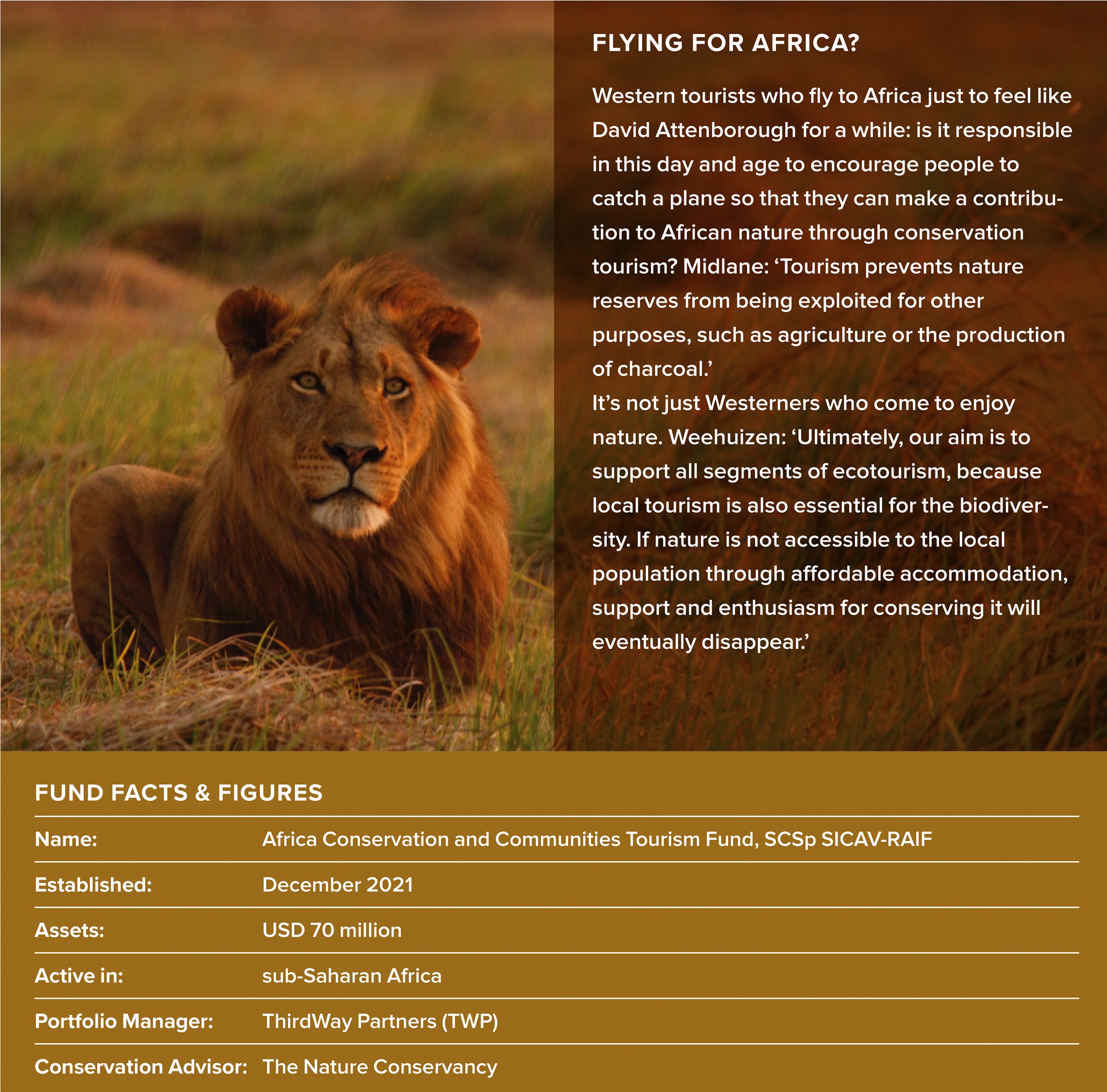Thanks to ecotourism, biodiversity in Africa can be preserved and even enhanced. It is a win-win that the new Africa Conservation and Communities Tourism Fund is working hard to achieve through its investments in the safari industry. ‘People will think twice about destroying nature in areas frequented by tourists.’
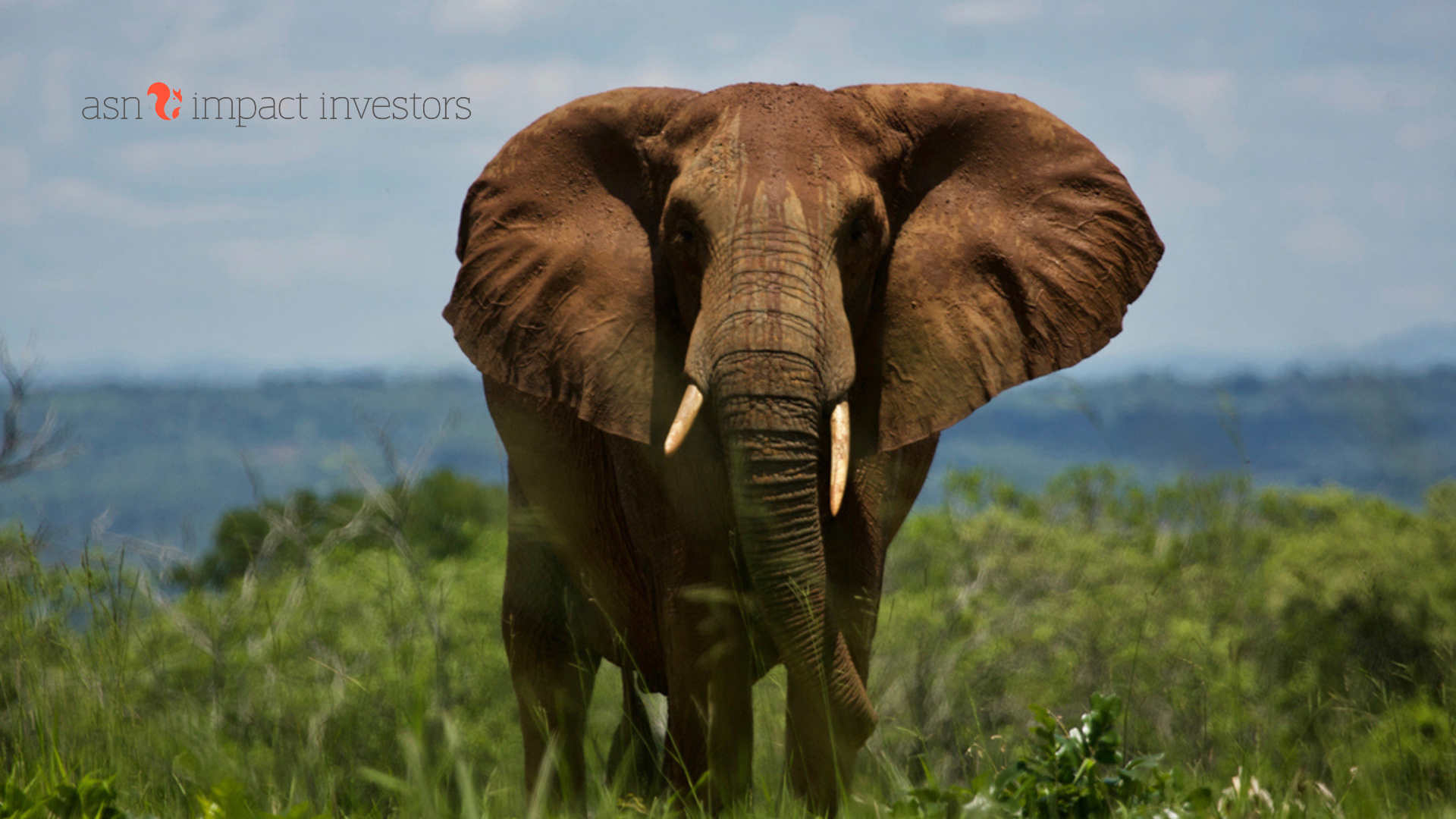
By Neil Midlane
The natural beauty of southern and eastern Africa is as overwhelming as it is vulnerable, with extensive wildlife reserves, deserts and savannahs. In many of these areas, biodiversity is under threat from human activity. Climate change, logging, agriculture, livestock breeding, mining and poaching are but some of the numerous factors endangering African nature and wildlife. An investment fund has emerged that has been actively helping to provide better protection for these precious natural treasures by promoting ecotourism in Africa: the Africa Conservation and Communities Tourism Fund (ACCT), in which the ASN Biodiversiteitsfonds is a recent investor.
CONSERVATION TOURISM
The Africa Conservation and Communities Tourism Fund invests in Africa in companies that operate safari camps, hotels and lodges. The underlying motivation being that both nature and the tens of thousands of people who earn their living in the industry will benefit from visiting nature lovers. This combination of enjoying gorgeous nature on the African continent and protecting it at the same time is known as conservation tourism. The kind of tourism that the new ACCT fund focuses on revolves around safari operators that put sustainability, nature protection and care for local communities front and centre. Their other principal concern, obviously, is offering a unique and unforgettable experience to their customers, who mostly arrive in relatively small groups to embark on the trip of a lifetime.
JOBS IN AFRICAN COUNTRIES
Having the tourists pay a fair price for their trip makes it possible to create many jobs in the countries that are the main focus of the investment fund: Botswana, Kenya, Namibia, South Africa, Tanzania and Zambia.
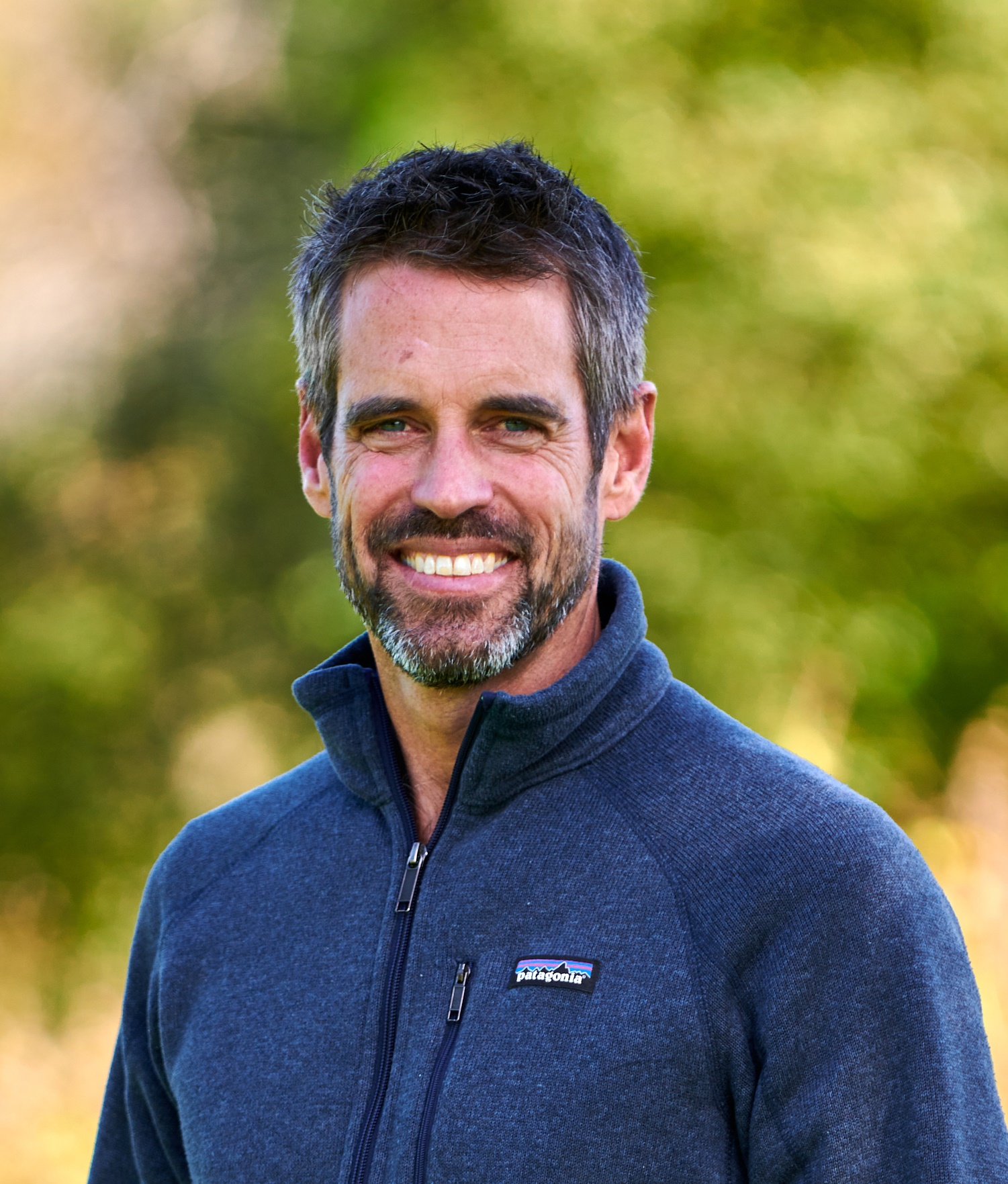
Neil Midlane, Conservation Tourism Director The Nature Conservancy
‘Every room or tent in a camp that someone spends the night in corresponds to 2.5 to 3.5 jobs, easily,’ Neil Midlane claims.
Midlane is the Conservation Tourism Director at The Nature Conservancy, the nature protection organisation that serves as the conservation advisor to the ACCT Fund, established by impact investor ThirdWay Partners. The South African knows exactly what he is talking about, having spent many years working for major African safari operators. Even back then, he sought not only to make the trips as sustainable as possible, but also looked for new ways to enhance their positive impact.
TOURISM LENDS VALUE TO NATURE
Midlane has a particular passion for nature, as evidenced by his career so far: starting out as an accountant, he made the switch to the safari industry and obtained a doctorate in zoology alongside his work with a study into the lion population of the Kafue National Park in Zambia. ‘In the countries where we are active, ecotourism is a vital way to monetise nature and the landscape. Apart from that, making a living outside African cities is usually restricted to logging, agriculture, mining and poaching.’
‘These are all activities that have a significant negative impact on nature. However, people will think twice about destroying nature in areas frequented by tourists.
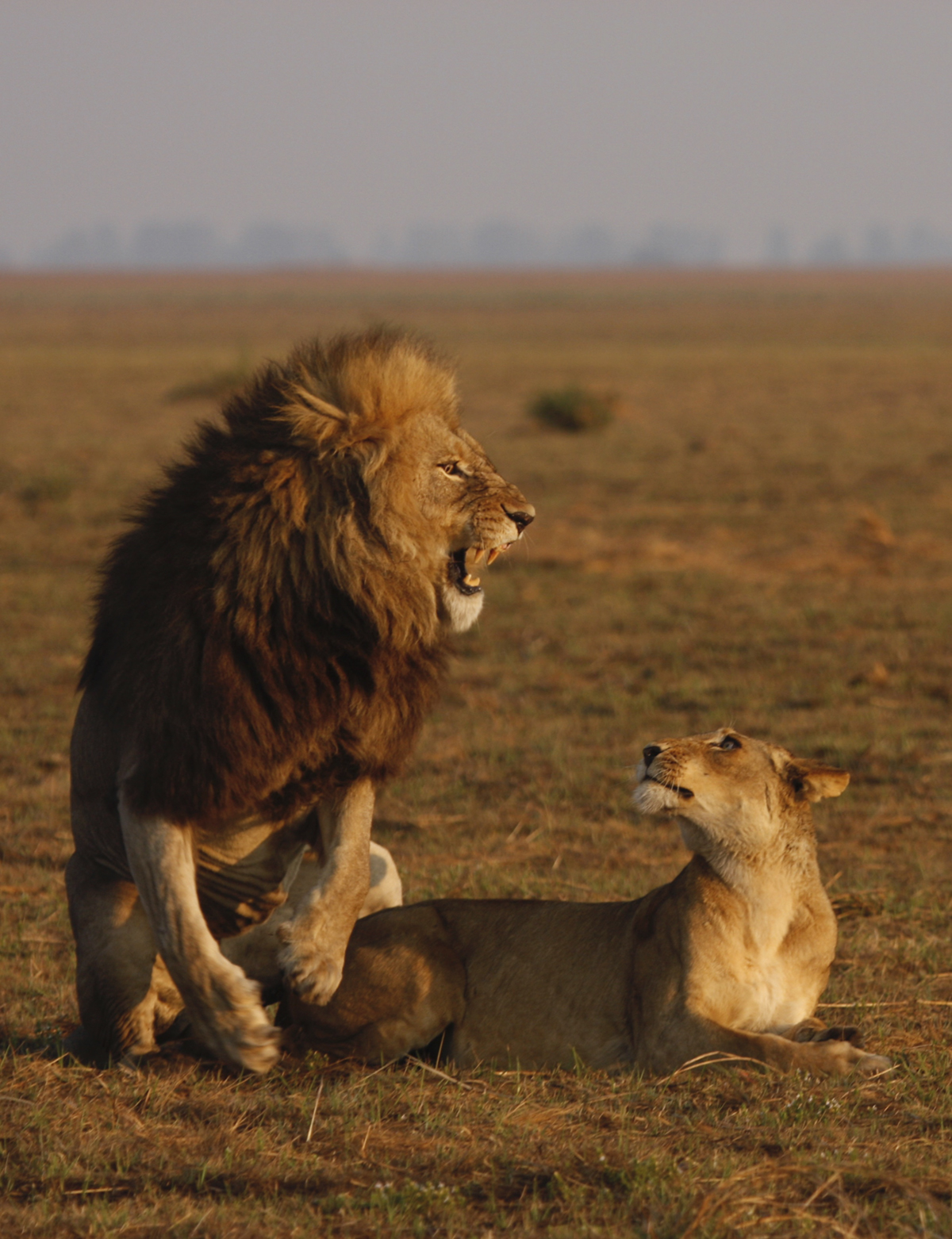
'This combination of enjoying gorgeous nature on the African continent and protecting it at the same time is known as conservation tourism.'
On top of that, travel companies pay concession and park fees so that their customers can access nature reserves and spend the night there. The income from this can be invested in nature conservation as well. This goes to show that tourism lends a clear additional economic value to nature – which is an incentive to protect it.’ ‘Moreover, we shouldn’t forget that travel organisations and their customers tour these reserves almost daily, which is an effective indirect deterrent to poachers.’
POACHING DURING THE PANDEMIC
The real proof of the vital importance of ecotourism to nature in Africa came during the coronavirus pandemic. Because tourists stayed away in large numbers, the safari industry collapsed. The lack of tourists resulted quickly in a negative impact on nature and communities Maarten Weehuizen, director of investment manager ThirdWay Partners: ‘The threads of poaching increased and people started looking for other ‘land uses’ to earn a living, for example by converting nature into farmland. Understandable under the circumstances, especially because – unlike in the Western world – the population received little to no support from the authorities.’
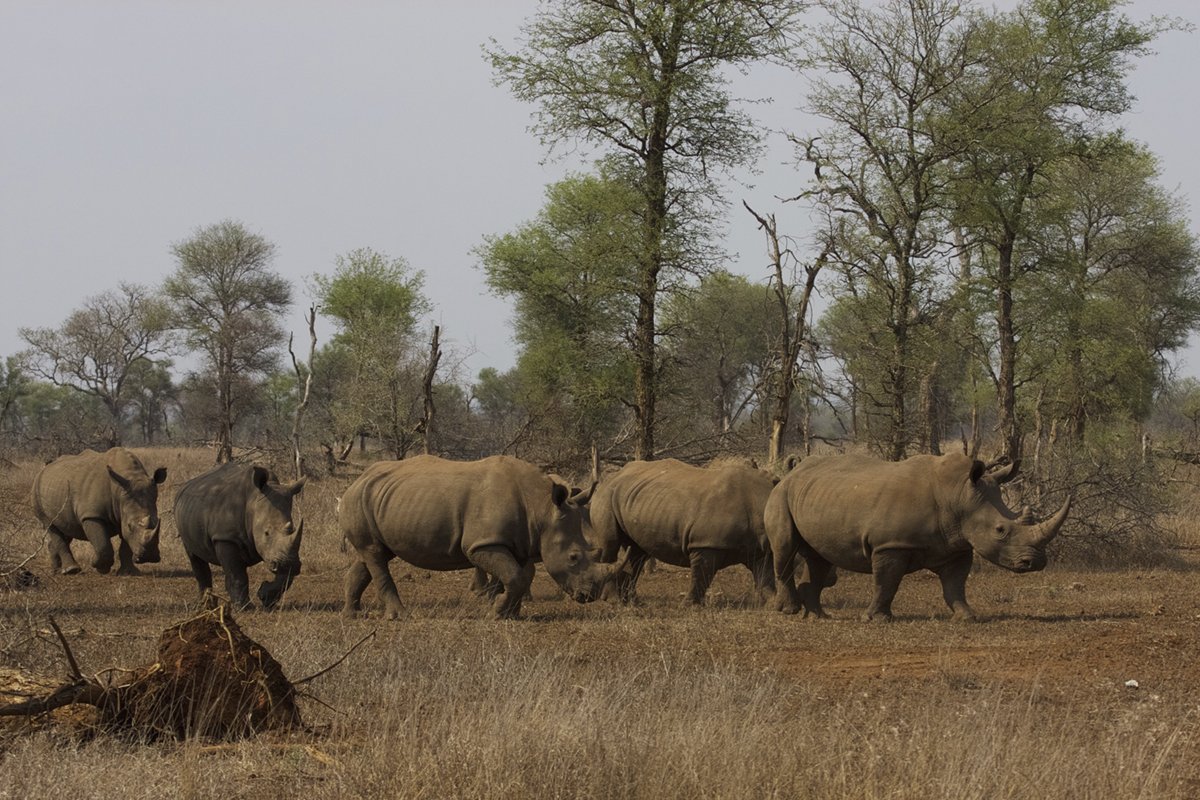
Consequently, it was the pandemic that kickstarted the ACCT fund. It was essential to lift the industry out of the crisis as quickly and in as healthy a shape as possible. ‘Everyone involved in nature conservation in Africa realised that if this situation were to continue, it would pose a serious risk to all the good work done to conserve nature over the past 20, 30 years. This was a risk the ACCT fund was keen to prevent.’
NATURE AS THE KEY ASSET
The ACCT fund issues loans to businesses involved in ecotourism to help them get back to where they were before the coronavirus pandemic and ideally, beyond that. The intention is that the capital injection will allow them to continue to grow in a sustainable way, even in areas that are currently little known to travellers. Midlane: ‘It’s hard for an investor to still make a difference in places like the Masai Mara in Kenya.
We want to expand our footprint to destinations off the beaten track, so that nature and the local communities in those areas are invested in as well.’ The business loans are provided under strict conditions regarding the emissions that the companies cause and the concern they have for nature conservation. ‘These stipulate how businesses produce energy, consume water and deal with waste. In a way, this is self-evident: nature is their key asset, so they have a vested interest in keeping it intact.’
1,000 JOBS SAVED
The year 2022 was the ACCT fund’s first full financial year. What was the impact of its strategy over that period? Midlane: ‘Even though we’re still in the start-up phase, our investments have helped tourism operations save over 1,000 jobs, indirectly preserving the livelihoods of more than 7,000 people. We’ve now issued loans to tourism businesses that operate in nature reserves with a combined area of 83,000 square kilometres.’

Maarten Weehuizen, director Thirdway Partners
'This goes to show that tourism lends a clear additional economic value to nature – which is an incentive to protect it.'
This is only a first impression. Weehuizen: ‘We need to find better ways to quantify the amount of CO2 that is captured thanks to our investments. We also require a methodology for further quantification of our impact in terms of biodiversity. In the meantime, however, the positive impact of ecotourism is obvious to everyone who visits the areas concerned. In some of those, the number of birds of a particular species is a key indicator, whereas in others you may come across animals again that you may not have seen there for a while. Clearly though, such observations don’t carry the same weight as scientific research that would underpin them.’
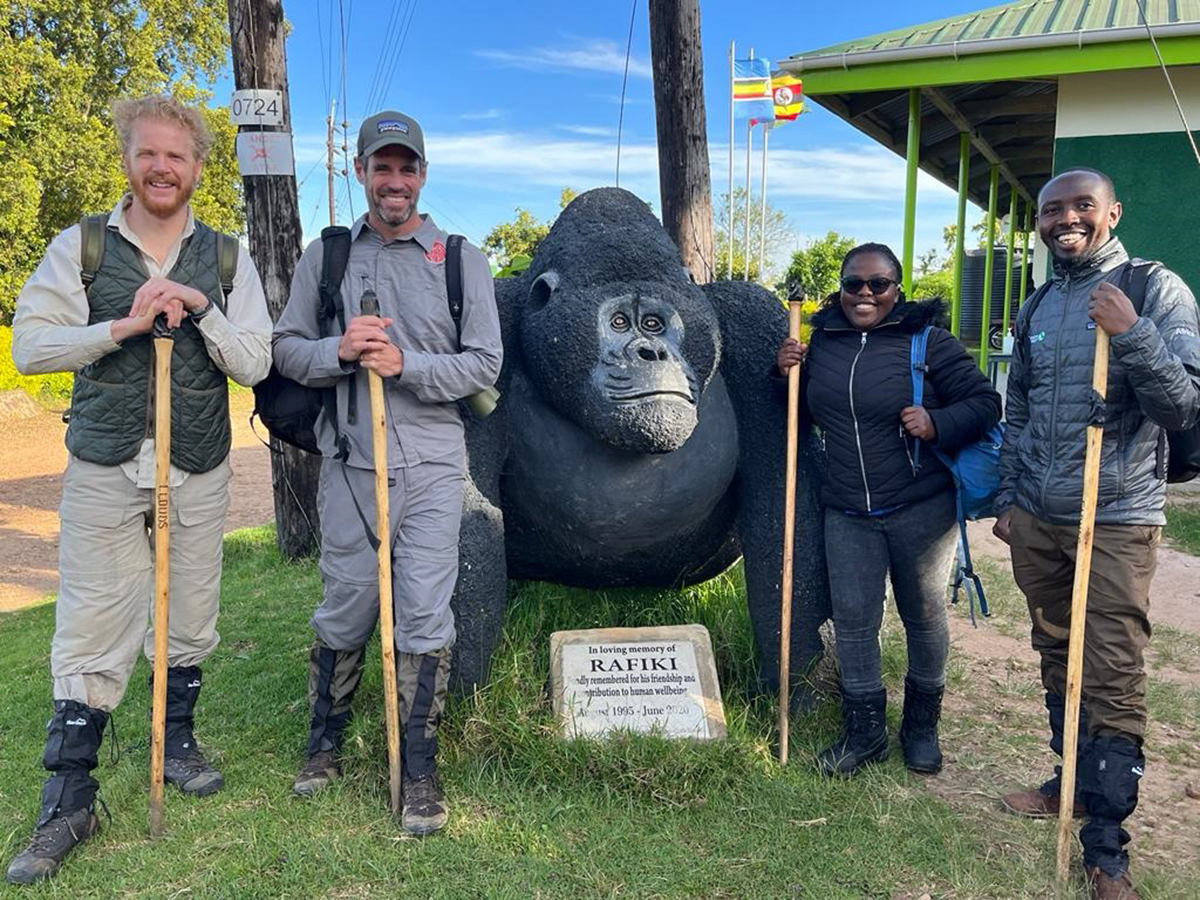
From left to right: Maarten Weehuizen, Neil Midlane, Millycent Aoko and Crege Kinyan Jui.
FINANCIAL RETURN THANKS TO NATURE
The ACCT fund’s mission is a perfect fit for investment firms such as ASN Impact Investors. Its ASN Biodiversiteitsfonds makes ecotourism one of the cornerstones, alongside sustainable forestry, regenerative agriculture and agroforestry, and sustainable seas and fisheries. ‘Other investors look to us to explain how our strategy works,’ Weehuizen says. ‘While it’s obvious to everyone that conserving African nature deserves our full commitment, the way we make a financial return is less directly clear. That’s partially because nothing like this has ever been done on this scale. However, we’d like to prove that it works.’
'If nature is not accessible to the local population through affordable accomodation, support and enthusiasm for conserving it will eventually disappear.'
